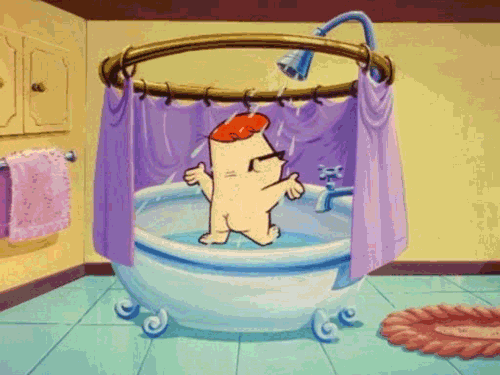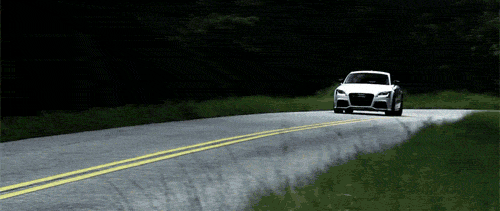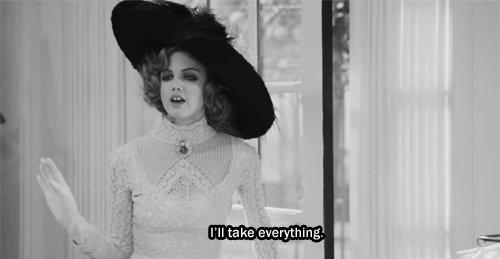In honor of the Abu Dhabi Sustainability Week at ADNEC from 17th to 24th of January, which sees thought leaders, policy makers and investors come together to address the challenges of renewable energy and sustainable development, we thought it was only fair B-Change contributed to this conversation.
Ecological conscientiousness is that thing hippies and hard-core environmentalists talk about, right? No, it’s what experts in the Energy industry are talking about. It’s what scientists have in creating more power-efficient sources. It’s what everyone acknowledges as important, then why so nonchalant? When you see banners with ‘Save Water’ or ‘Save the Planet’, you barely notice now because as much as we want to contribute, we don’t want to be guilt-tripped. We get it.
But with the world’s population set to reach 9 billion in 2050, we need to ask the question: Do we want a situation where the first half of Interstellar comes to life? It isn’t just a conscientious wake up call for corporations and government sectors; it’s for each of us as individuals. Do you every consciously think about how much energy you’re using and how much you’re replenishing? The food you waste that can be reduced or used as compost, the lights that can be switched out with energy-saving bulbs, the drinkable water that runs down the drain. It’s the small things.
These small changes can save you a whole lot of money too. According to the Managing Director at EWF-WWF, you can annually save an average of AED 2,200. That’s an average figure and considering how extravagant we are here, that amount will probably be higher in most households. It doesn’t have to be grim. B-Change proposes a fun way to reduce your ecological footprint: Make it a family game!
Before you embark on this life-changing adventurous game, calculate your ecological footprint with the Environmental Protection Agency’s Calculator here [it also tells you how much you can save in US dollars].
Step 1 – Save it and it’s yours!

Sit down with all your energy bills for the month and take a hard look at the numbers: How much are you spending on electricity and water every month? Set a target to reduce it by 5% next month.
Having this in mind, you and your family members will consciously make the choice to turn off lights, take shorter showers, won’t leave the water running while brushing your teeth, won’t over-use the air conditioning and most importantly, use your laptops on energy-saving mode.
Step 2 – Fuel your savings!

In the U.A.E, we have a car for each person in the household. Set a realistic target amount that your family cannot exceed in fuel [and you can pick your own punishment for going over the limit].
Incentive, you see?! This will make you conscious of that fuel-efficiency average on your dashboard, so you’ll be tempted to rev less. You’ll also have motivation to walk shorter distances and use public transport [which has its own long-term benefits].
Step 3 – Eat it or eat it!

Whether at home or in restaurants, when you’re hungry, you feel like you can eat a cow [when in reality, you can only eat a small baby lamb].
When at restaurants, have the members who over-order finish the food – or take it home and finish it the next day. Whenever there are leftovers, the responsible member needs to come up with a creative way to use the leftovers. Basic accountability! At home, whoever doesn’t finish the food on their plate takes the trash out [and maybe even does the dishes] for a week.
This will encourage all of you to consume less, plan meals, share your food, make use of leftovers, and buy smart!
Step 4 – Carry your own baggage!

We tend to use a lot of excess packaging in this country – plastic bags everywhere. Have a rotating designated shopping assistant every month who is in charge of remembering to bring the re-usable cloth bags for groceries. If they forget, they have to do the carrying – from the grocery to the car to the house.
Give it a thought: These fun games you implement at home can act as real behavior-changers. The children in the house will grow up with these habits ingrained and it won’t be a task ever – it’ll just be second-nature to be conscious of your ecological footprint.
Let’s play and save the planet, shall we?










